
Health & Wellness Newsletter


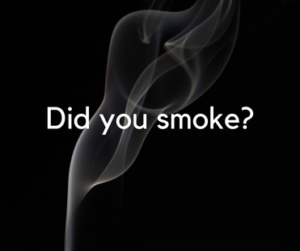



Available at no additional cost through United HealthCare benefits.

Try Quit For Life by November 19, 2023, and be entered to win 1 of 50 $75 Visa gift cards!
A Quit Plan is a powerful tool.
Sometimes it can feel frustrating to even think about quitting smoking or vaping, but just laying out a plan can be a helpful exercise in and of itself.
Customize a Quit Plan today!
Try different approaches for different plans:
| Nicotine Quit Kits | 24/7 Quit Team Support | Exclusive Online Resources |
| Get a jumpstart and manage cravings with patches or gum. |
Access help anytime via phone, chat, text or online group sessions. |
Get articles, quizzes, trackers and more to keep trying new strategies. |

Working together to reduce the burden of COPD
Chronic obstructive pulmonary disease (COPD) is a debilitating lung condition that affects 1 in 8 Americans, age 45 and older. More than 16 million Americans have been diagnosed with COPD, and millions more have it but don’t know it.
The COPD National Action Plan is the first-ever blueprint for a multifaceted, unified fight against this disease. Developed at the request of Congress with input from the broad COPD community — patients, caregivers, federal agencies, nonprofits, researchers, policymakers, industry representatives, and advocates — the Action Plan describes how we can all work together to raise awareness about COPD and reduce its impact.
Why Giving is Good for You!
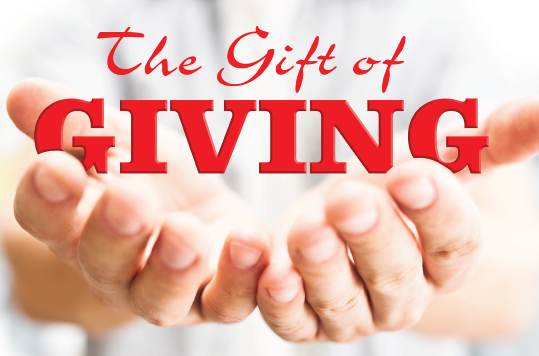
Being generous with your time, money, and other resources is undoubtedly good for those on the receiving end of your goodwill. Did you know that giving also benefits your physical and mental health?
How generosity helps the giver:
Research published in March 2020 showed that volunteering isn’t only associated with a higher level of wellbeing. It actually leads to a positive change in wellbeing.
Another study showed that people who were more generous reported having more close friendships (vs. people who were less generous) and felt closer to their co-workers.
Giving social support has also been linked to:
• Lower blood pressure
• Greater self-esteem
• Less depression
• Lower levels of stress
• Longer life
The biology behind the effect:
How exactly does giving do all these wonderful things for the giver? One reason is what happens with the chemicals in our brains. When we are giving to others, our brains produce “feel-good” chemicals like serotonin, dopamine, and oxytocin.
Giving also activates areas of the brain that are linked to trust, social connections, and pleasure. In one study, MRIs were done on people who had just donated to charity. Researchers found that their giving activated the brain’s reward center. That makes your brain release endorphins, which creates a euphoric feeling.
A positive cycle:
The positive feelings we get from giving reinforce that behavior—making us want to continue our generosity. It’s a pretty great cycle that benefits everyone involved!
Giving also activates areas of the
brain that are linked to trust, social
connections, and pleasure.
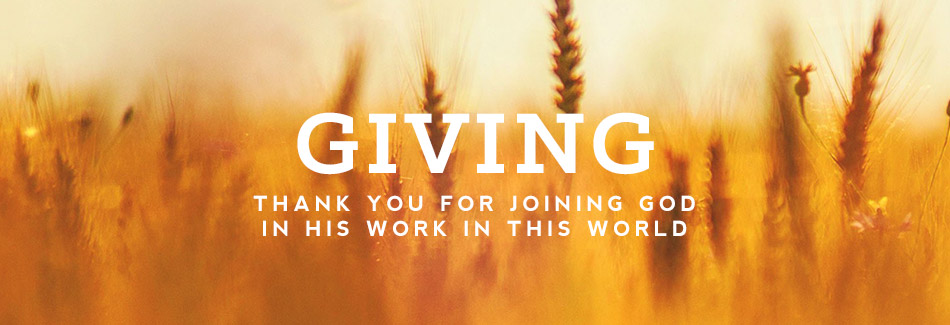
Finding Ways to Give
If you would like to help others more, your next step is deciding how. There are a lot of options, so look for a way to give back that is meaningful and achievable.
Giving financially:
With more than 1.5 million nonprofit organizations in the U.S., finding a few charities to support financially can be easy—or mind-boggling. After all, you want your dollars to go to worthy organizations. To make sure you donate to a reputable nonprofit, keep these tips in mind:
• Do your research. Don’t give to a charity about which you know nothing. Ask for financial statements and
other documentation. Also, make sure you’re not donating to a copycat organization with a name similar
to a legitimate nonprofit.
• Ask where your money will go. Find out what percent of donations are used for overhead and what percent goes directly to the cause.
• Donate directly to the organization. If a middleman or other third party is involved, they may take a cut of your donation.
• Don’t bend to pressure. Reputable charities do not pressure donors to give immediately. If you feel overly
pressured, say no.
Donating your time:
The options for volunteering your time are almost limitless. Pitch in on a community project. Share your professional expertise. Help out an aging neighbor. Read to kids at the local school. Be a mentor. Organize a fundraiser. Whatever you choose to do, keep your other commitments in mind. Overloading your schedule will only shortchange the people you are trying to help and others who depend on you—making you exhausted and stressed in the process.
Online resources
You don’t have to do all of the research on your own. You can find a wealth of information on nonprofits online. Two good resources are CharityNavigator.org and CharityWatch.com.
The Joy of Random Acts of Kindness
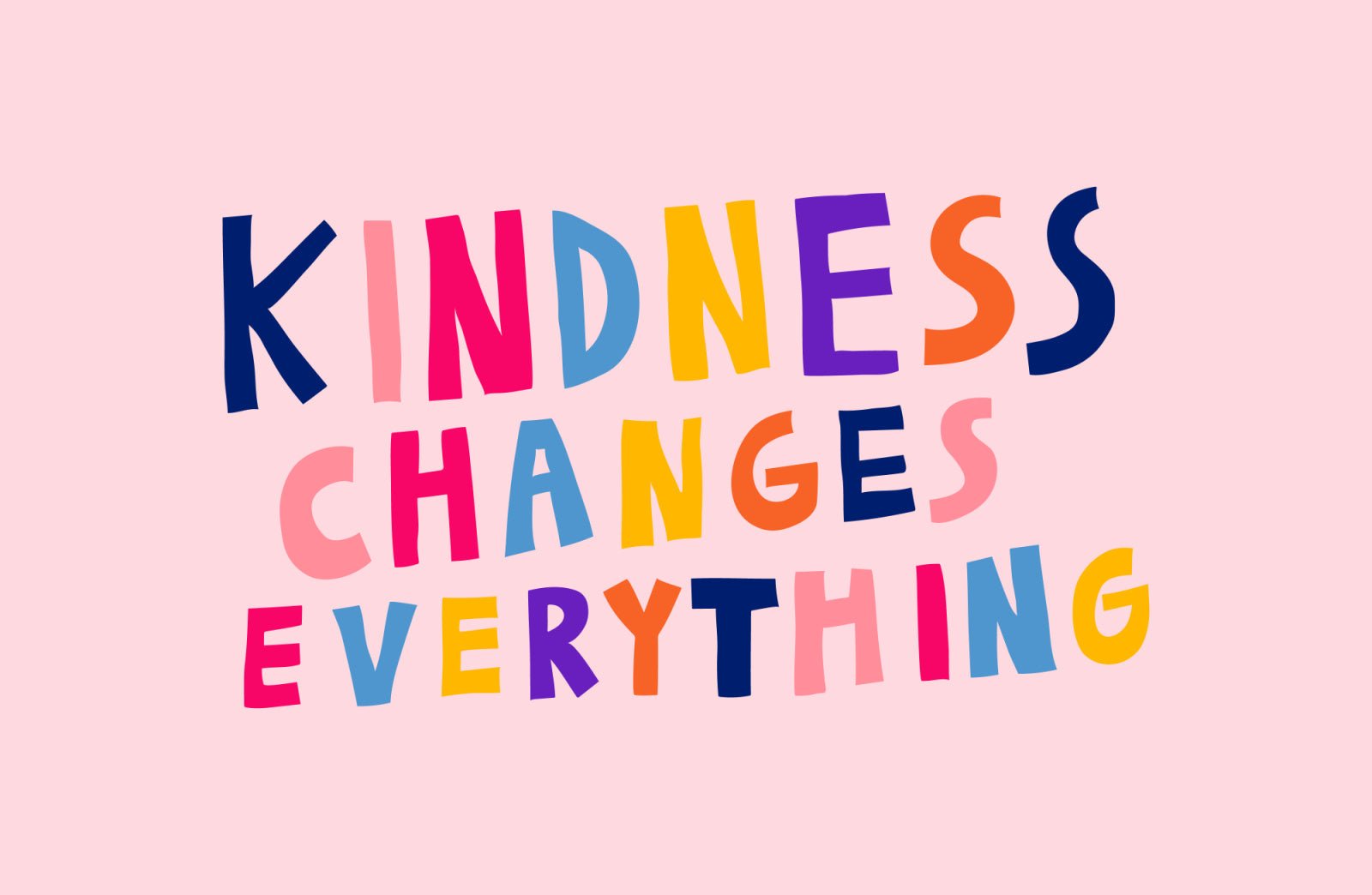 Imagine you’re having one of those days. Maybe you are sad about a recent loss or stressed over a to-do list that just keeps growing.
Imagine you’re having one of those days. Maybe you are sad about a recent loss or stressed over a to-do list that just keeps growing.
Then a complete stranger does something nice for you, out of the blue, for no reason at all. Although your day still isn’t great, you feel somehow lighter. Valued. Cared for.
That’s the simple (but very real) joy of a random act of kindness. Even better—the stranger feels joy, too.
Given how wonderful this small gesture can make the giver and the recipient feel, why don’t more of us do it? One study revealed that givers tend to estimate the impact of a random act of kindness based on the value of the gift—such as a cup of coffee. Recipients also consider the fact that someone did something nice for them. That makes the gesture a lot more meaningful to them.
Random ideas:
If you would like to spread joy through small acts, here are some ideas to get you started:
• Send an encouraging text to a friend who is struggling
• Give a compliment
• Offer to take someone’s shopping cart back for them
• Let someone cut in front of you in line
• Take time to genuinely thank your server
• Drop off flowers to an older neighbor
• Do that one chore your partner just hates doing
Don’t overthink it:
Research also shows that some people talk themselves out of random acts of kindness. They may worry that it won’t be well-received by the recipient, but that’s very rarely the case. So, the next time you have an instinct to do something nice for someone else, don’t overthink it. Just do it.
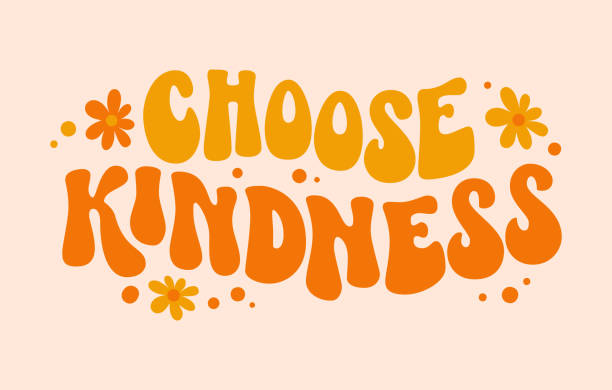
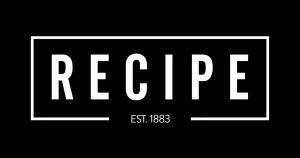
BBQ PEACH AND CHICKEN NAAN PIZZAS

Ingredients:
• 1/2 tablespoon extra-virgin olive oil
• 1 boneless, skinless chicken breast (8 oz.), cut into thin slices
• 4 whole wheat naan (3 oz. each)
• 1/2 cup no sugar added barbecue sauce
• 1/2 medium red onion, peeled and thinly sliced (about 2 cups)
• 1 1/3 cups shredded part-skim mozzarella cheese, divided
• 2 firm, ripe peaches, pitted and cut into thin slices (15 to 18 slices each)
• 1 1/3 cups arugula or other favorite salad green
• Kosher salt, to taste
• Black pepper, to taste
Instructions:
1. Preheat oven to 400 degrees F. Line a large baking sheet with parchment paper or aluminum foil and set aside.
2. Heat oil in a large nonstick skillet over medium-high heat. Add chicken and cook, stirring frequently, until cooked through, 4 to 5 minutes. Season with a pinch of Kosher salt and a few cranks of black pepper, to taste.
3. Place all four naan on prepared baking sheet. Spread barbecue sauce evenly on top of each. Layer with chicken, red onion, half the cheese, peach slices, and remaining cheese on top.
4. Bake until cheese melts and naan are crispy, about 10 minutes. Remove from oven, top with arugula and serve.

Nutrional Facts
| Calories: | 550 |
| Total Fat: |
15g |
| Sodium: |
550mg |
| Carbohydrates: |
69g |
| Total Sugars: |
27g |
| Dietary Fiber: |
6g |
| Protein: |
31g |
